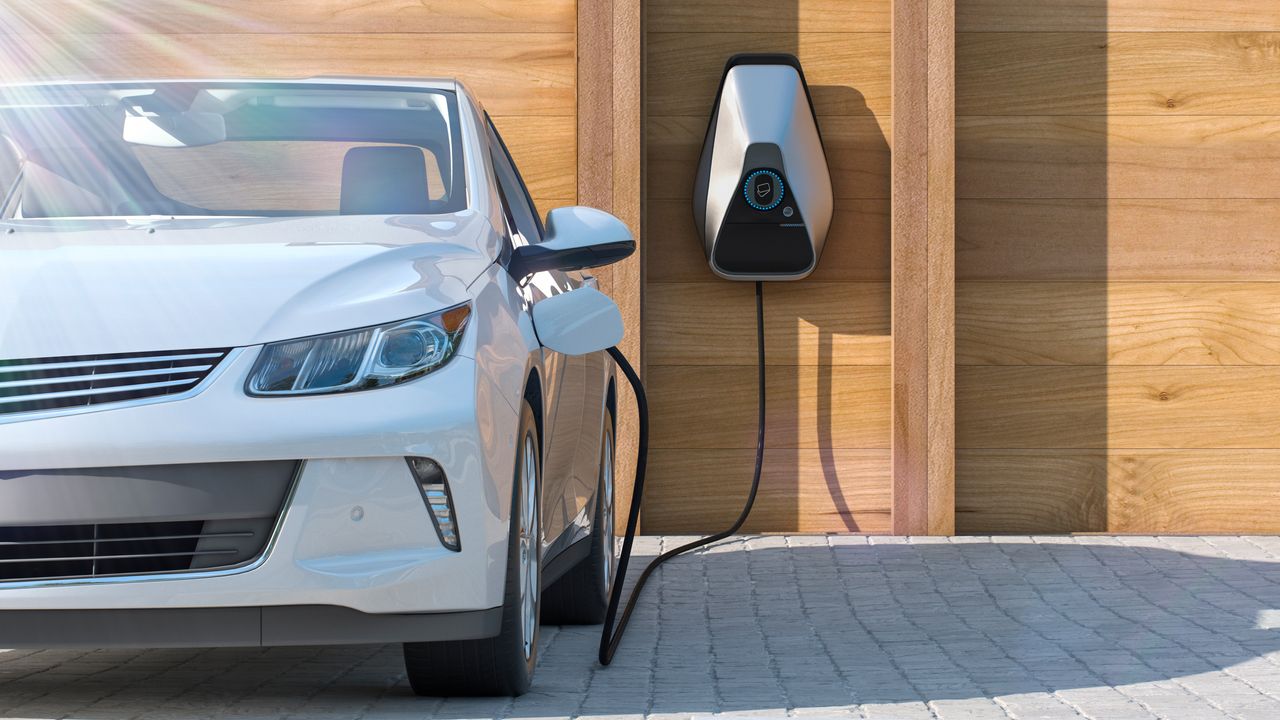Battery Technology and Advancements in Electric Vehicles
Electric vehicles (EVs) have been around for a while, but they have only recently started to gain popularity. One of the biggest reasons for this is the advancements in battery technology. With better batteries, EVs can now travel longer distances without needing a recharge. However, there are still some concerns that need to be addressed, such as range anxiety and battery capacity. In this article, we will discuss the latest advancements in battery technology and how they are helping to overcome these concerns.
Battery Capacity
One of the biggest concerns for EV owners is battery capacity. The capacity of a battery determines how far an EV can travel before needing a recharge. In the past, the capacity of EV batteries was limited, which meant that they could only travel short distances. However, with advancements in battery technology, the capacity of EV batteries has increased significantly.
Today, there are EVs on the market that can travel over 300 miles on a single charge. This is a huge improvement from just a few years ago when most EVs could only travel around 100 miles on a single charge. The increase in battery capacity has been made possible by improvements in battery chemistry and design. Lithium-ion batteries are now the most common type of battery used in EVs, and they have a higher energy density than previous battery types.
Range Anxiety
Range anxiety is a term used to describe the fear of running out of battery power while driving an EV. This fear is often cited as a reason why people are hesitant to buy an EV. However, with the increase in battery capacity, range anxiety is becoming less of a concern.
In addition to the increase in battery capacity, there are also advancements in charging technology that are helping to alleviate range anxiety. Fast charging stations are now available in many locations, which means that EV owners can quickly recharge their batteries while on the go. Some fast charging stations can provide a full charge in as little as 30 minutes.
Charging Technology
Charging technology is an important aspect of EVs. Without the ability to recharge quickly and easily, EVs would not be a practical option for many people. Fortunately, there have been significant advancements in charging technology in recent years.
One of the most significant advancements in charging technology is the development of fast charging stations. These stations can provide a full charge in a fraction of the time it takes to charge a battery using a standard home charger. In addition, there are now charging networks that allow EV owners to easily find charging stations while on the go.
Another advancement in charging technology is wireless charging. This technology allows EVs to be charged without the need for a physical connection between the car and the charging station. While wireless charging is still in the early stages of development, it has the potential to revolutionize the way EVs are charged.
Conclusion
In conclusion, the advancements in battery technology and charging technology are helping to make EVs a more practical option for many people. With increased battery capacity and fast charging stations, range anxiety is becoming less of a concern. In addition, wireless charging has the potential to make charging EVs even more convenient in the future. As battery technology continues to improve, we can expect to see even more advancements in the world of EVs.
